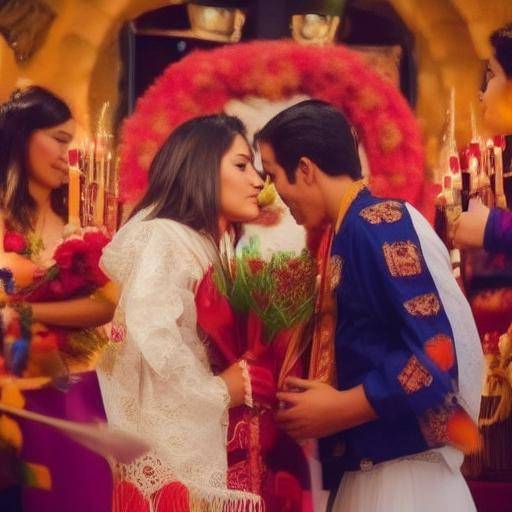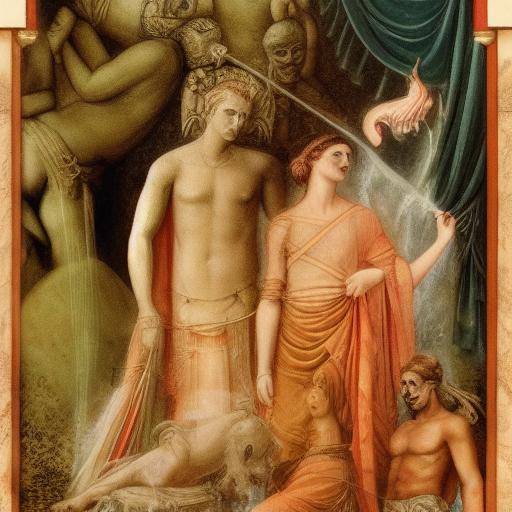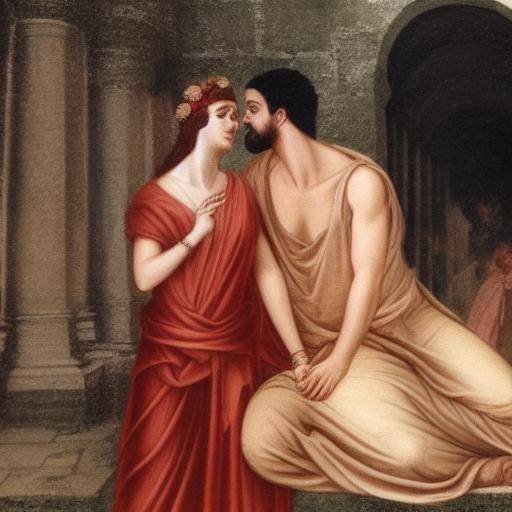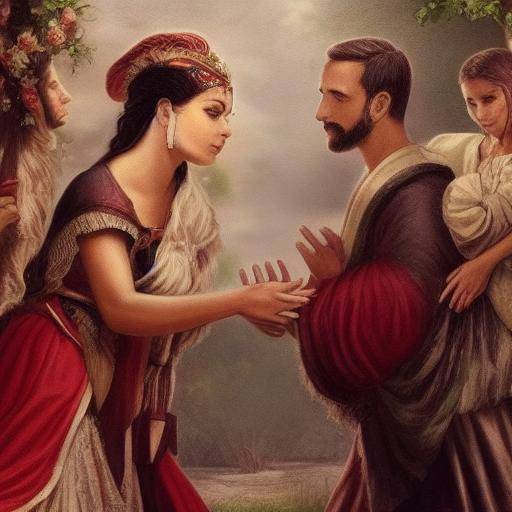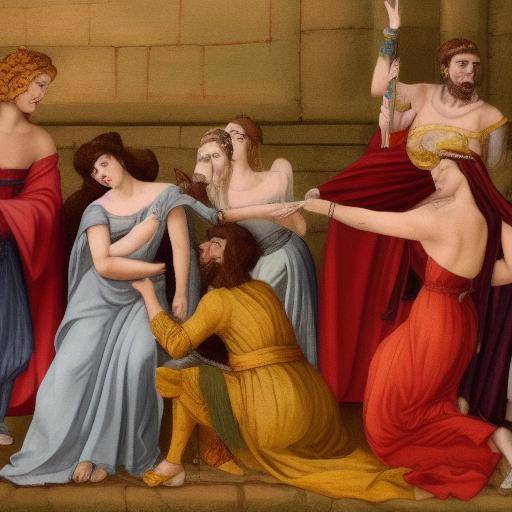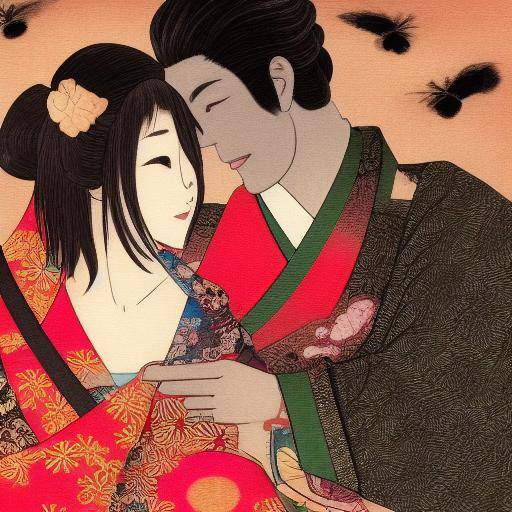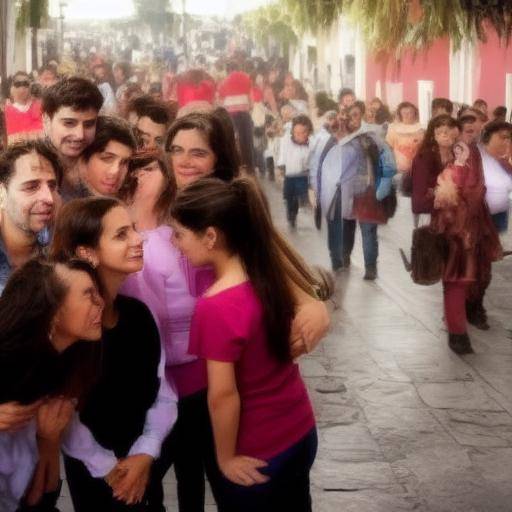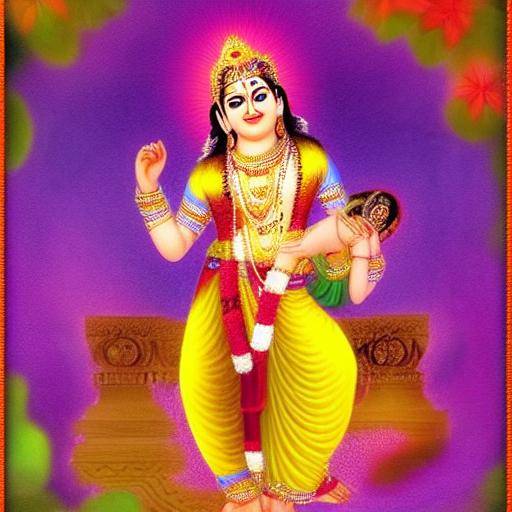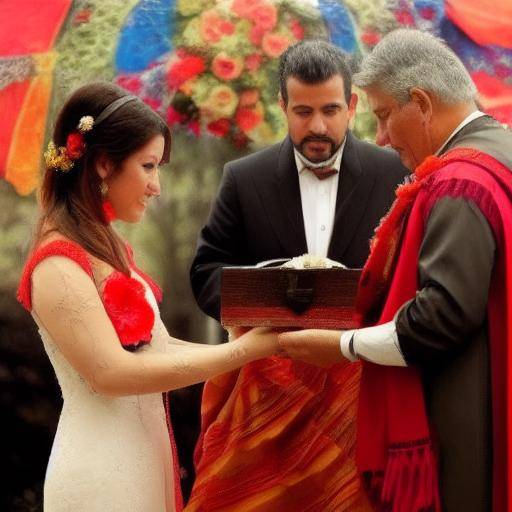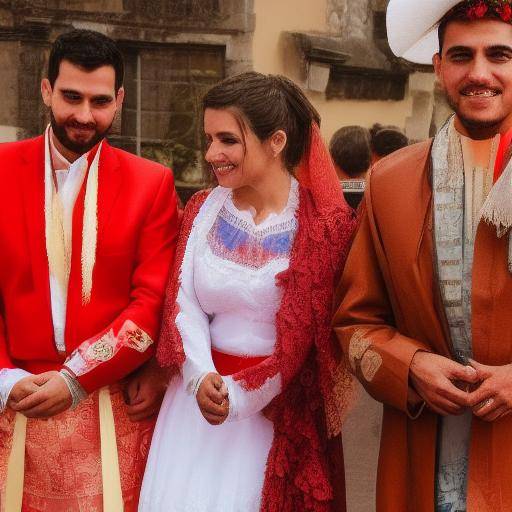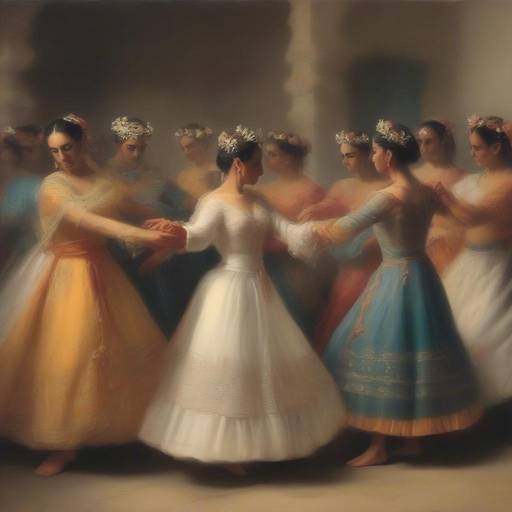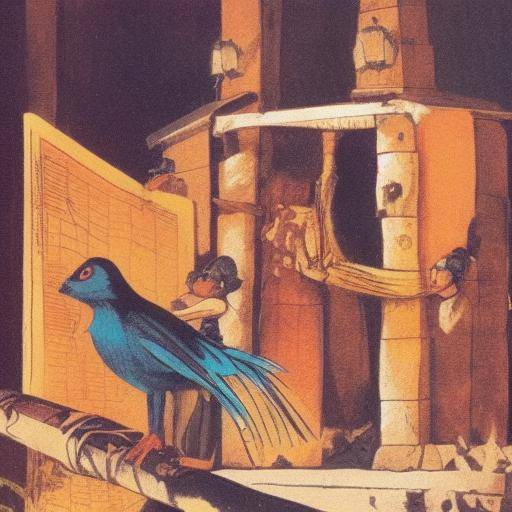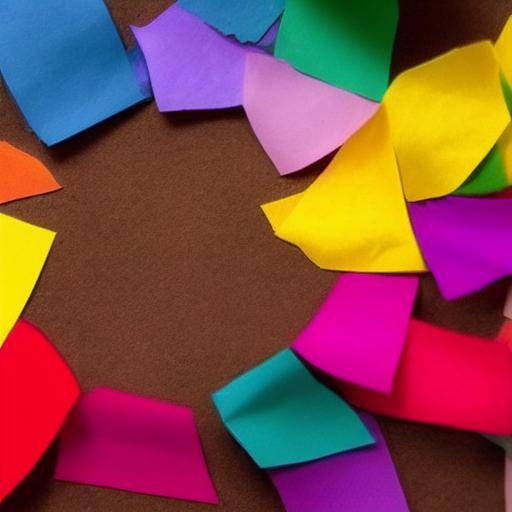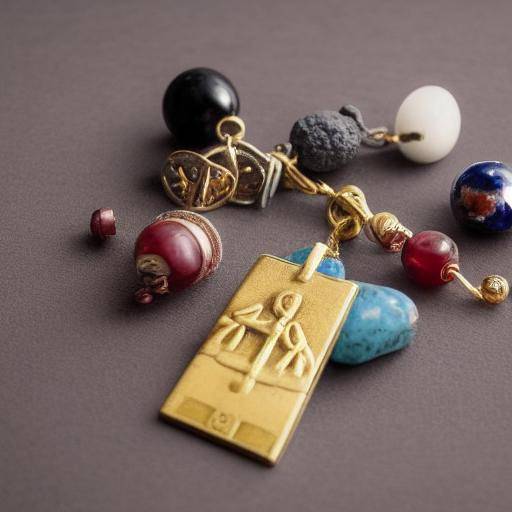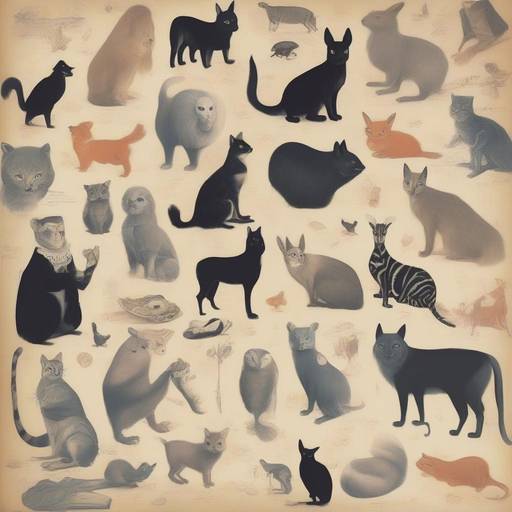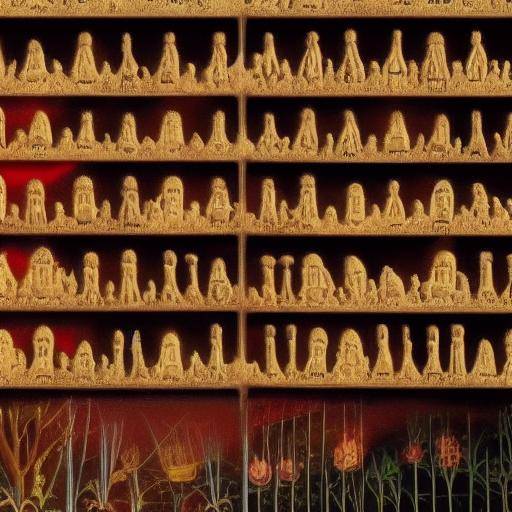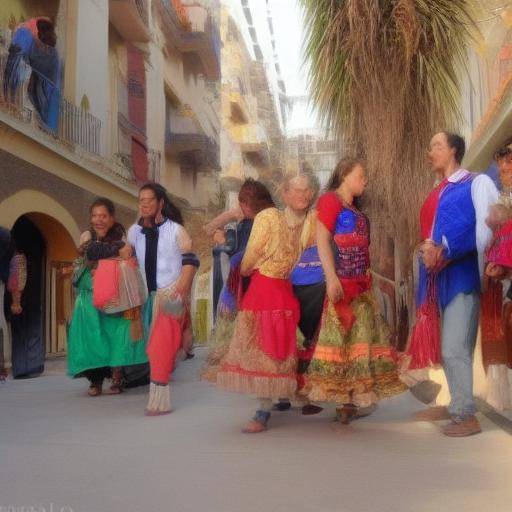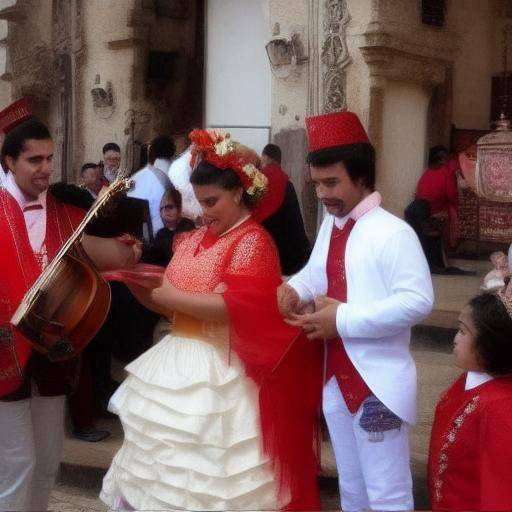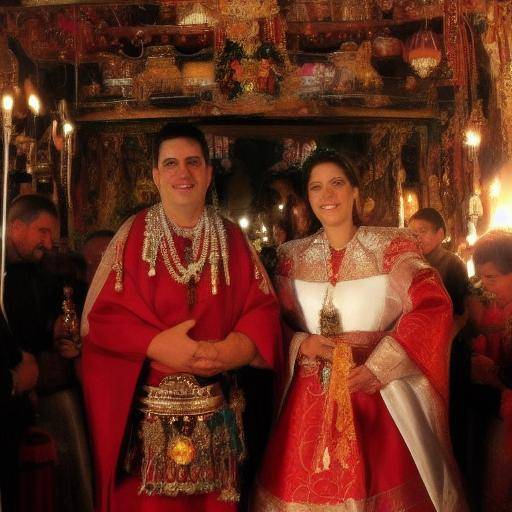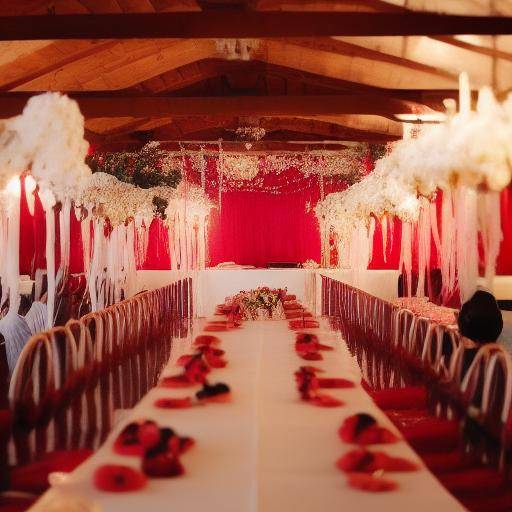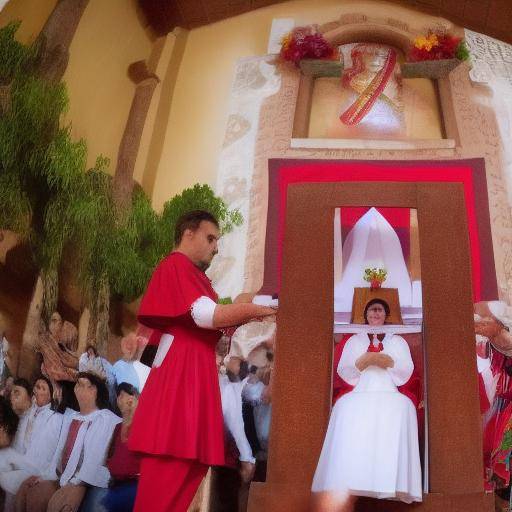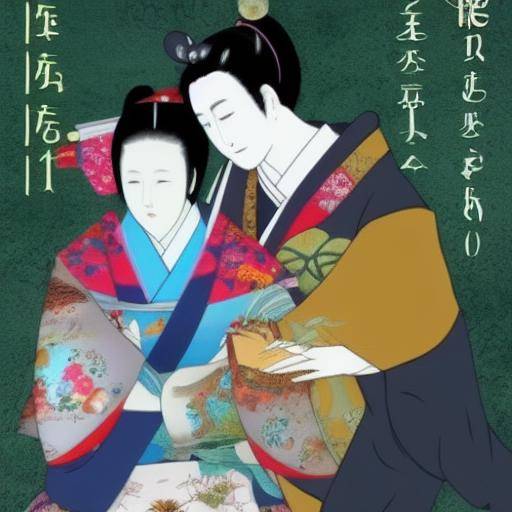
Love and marriage are two themes that awaken passions and feelings found in many people. Throughout history, a series of popular superstitions and beliefs have been developed around these issues, which have lasted over time and are still present today. In this article, we will explore the most common superstitions related to love and marriage, their origin, their cultural significance and the way they influence society. We will also analyze how these popular beliefs affect our attitudes towards love and marriage, and whether they have any real basis or it is only myths and legends.
Introduction
The superstitions related to love and marriage have existed since time immemorial, and even today, many people continue to take these beliefs into account in their daily lives. These superstitions may vary according to culture and region, but most of them have the goal of attracting love, luck and happiness in loving and marriage relationships.
In this article, we will explore the history and meaning of superstitions related to love and marriage, the different ways in which they manifest themselves in different cultures, as well as providing useful advice to those who wish to incorporate these rituals into their lives. We will also address some of the most common questions on this issue and we will seek to demystify some of these popular beliefs.
History and Background
The superstitions related to love and marriage have their roots in ancient traditions and rituals dating back to different historical periods and cultures. From ancient Greece and Rome to Mesoamerican civilizations, superstitious beliefs and practices related to love have played an important role in people's lives.
In the Middle Ages, for example, marriage was considered a matter of great importance, and many of the superstitions and traditions that still persist at present have their origins at that time. The exchange of wedding rings, the superstition that will rain the wedding day as a symbol of fertility and prosperity, or the use of certain herbs and amulets to attract love, are just a few examples of these ancient practices that have endured over time.
Analysis in Deep
Today, despite the advance of science and technology, many people continue to resort to these superstitions in search of guidance and protection in their love and marriage relationships. Belief in the influence of certain objects, such as the four-leaf clover or the use of certain precious stones, to attract love and good luck, has remained firm throughout the centuries.
Also, superstitions related to marriage, such as wearing "something borrowed, something blue, something old and something new" on the wedding day, remain part of many wedding ceremonies around the world. However, as society moves forward and becomes more diverse, new superstitious interpretations and practices have also emerged that reflect the evolution of attitudes towards love and marriage.
Exhaustive examination
The superstitions related to love and marriage have also awakened the interest of many scholars who seek to understand their origin, meaning and relevance in today's society. Some sociologists and anthropologists argue that these superstitious beliefs can serve as mechanisms to make sense of uncertainty and offer comfort in moments of doubt or anxiety in loving and marriage relationships.
On the other hand, some critics argue that these superstitions can perpetuate gender stereotypes and traditional roles in love and marriage, which can be harmful to gender equality and individual freedom in relationships. Despite these controversies, superstitions related to love and marriage continue to play a role in the way people perceive and live their love and marriage relationships.
Comparative analysis
By comparing superstitions related to love and marriage in different cultures, we see a wide range of practices and beliefs that reflect the diversity of human thought. While in some cultures it is considered in good luck that the bride wears a veil, others practice more elaborate rituals that involve the participation of the whole community.
As for superstitions related to love, significant differences can also be found. While in some cultures there is a belief that the fate of a couple is predestined, others emphasize the importance of effort and communication in building a solid and lasting love relationship.
Practical Tips and Accessible Tips
While some people may consider that superstitions related to love and marriage are simply outdated practices without a scientific basis, for others these beliefs have a symbolic and emotional value that can be comforting and meaningful in their lives. For those who wish to incorporate these superstitions into their love or marriage life, it is important to remember that respect for individual beliefs is fundamental in any relationship.
While there is no magic formula for love or success in marriage, mutual respect, honesty and open communication are often fundamental pillars in building healthy and meaningful relationships. Superstitions can provide a sense of tradition and connection with the past, but in the end, everyone is free to choose beliefs and practices that best align with their values and wishes.
Industry Perspectives and Expert Reviews
Given the relevance of superstitions related to love and marriage in society, many experts in psychology, anthropology and sociology have studied and widely discussed the impact of these beliefs on how people conceive love and marriage. Some experts argue that understanding of cultural superstitions and traditions can provide valuable insights into the evolution of human attitudes towards love and commitment.
On the other hand, some scholars advocate for a wider awareness and understanding of the different superstitious practices in the context of love and marriage, in order to promote an open and respectful dialogue on these issues in contemporary society.
Case Studies and Real Life Applications
A fascinating aspect of superstitions related to love and marriage is the way in which these beliefs manifest themselves in people's daily lives. From rituals and family traditions transmitted from generation to generation to contemporary practices that reflect the fusion of different cultures, superstitions related to love and marriage remain relevant in the lives of many people around the world.
Future Trends and Predictions
As society evolves and becomes increasingly globalized, superstitions related to love and marriage are likely to continue to adapt and transform to reflect the values and experiences of future generations. While some of these beliefs may lose relevance over time, others are likely to remain an integral part of the way people experience and understand love and commitment in the modern world.
Conclusion
The superstitions related to love and marriage have been a fundamental part of human experience throughout history, and continue to exert their influence in today's society. While these beliefs may vary widely according to culture and context, their impact on the way people perceive and live their loving and matrimonial relationships is undeniable.
Understanding these superstitions and their cultural significance can provide a valuable insight into the variety and complexity of human experiences in love and commitment. In the end, everyone is free to choose beliefs and practices that best align with their personal values and aspirations in love and marriage.
Frequently asked questions
1. What are some common superstitions related to love?
Common superstitions related to love include bringing an amulet to attract love, the use of certain precious stones as symbols of love, and belief in astrological compatibility as a determining factor in relationships.
2. Are there specific superstitions to attract marriage?
Yes, some superstitions to attract marriage include the use of certain herbs or amulets, such as the four-leaf clover, to attract good luck in love and marriage.
3. What is the most widespread superstition related to weddings?
One of the most widespread wedding-related superstitions is the tradition of wearing "something borrowed, something blue, something old and something new" on the wedding day as a symbol of good luck and prosperity in marriage.
4. Can superstitions influence decision-making in love and marriage?
Yes, for many people, superstitions can influence decision-making related to love and marriage, either as a source of guidance and protection or as a way of connecting with family and cultural traditions.
5. Can these superstitions affect the perception of love and marriage in different cultures?
These superstitions can definitely affect the perception of love and marriage in different cultures, reflecting the diversity of beliefs and practices around these issues around the world.
6. How can someone incorporate superstitions into their love or marriage life significantly?
For those who wish to incorporate superstitions into their love or marriage life, it is important to consider the symbolic and emotional meaning behind these beliefs, and find ways to integrate them respectfully and meaningfully in their relationships.
In short, superstitions related to love and marriage have played a significant role in how people perceive and live their relationships. Whether it is a way of seeking guidance and protection or a connection to cultural and family traditions, these beliefs continue to be an integral part of human experience in love and commitment.
Remember that in the end, everyone is free to choose beliefs and practices that best align with their personal values and aspirations in love and marriage.





